
Chi. Chikyuu no Undou ni Tsuite
Summary: Twelve-year-old prodigy Rafal believes in living rationally, so as to earn praise and respect from society while not being led astray by his emotions. To this end, he publicly states his intention to study theology—the academic field held in highest regard in early 15th century Poland. However, an encounter with a mysterious man upends Rafal's life, sparking an illogical desire to instead pursue his passion for astronomy.
Rafal is determined to prove the beauty and rationality of heliocentrism—the theory that the Earth revolves around the Sun. This belief is considered heretical by the powerful Church, which promotes geocentrism—the Sun revolving around the Earth—as the sole truth of the universe. Those whose beliefs do not align with the will of the Church suffer unfathomably gruesome consequences.
In pursuit of evidence for a heliocentric model of the universe, Rafal grapples with obtaining precise calculations and building empirical theories. His greatest challenge, however, lies in conducting this research discreetly—lest he wish to meet the same fate as other heretics.
[Written by MAL Rewrite]
Description
Twelve-year-old prodigy Rafal believes in living rationally, so as to earn praise and respect from society while not being led astray by his emotions. To this end, he publicly states his intention to study theology—the academic field held in highest regard in early 15th century Poland. However, an encounter with a mysterious man upends Rafal's life, sparking an illogical desire to instead pursue his passion for astronomy.
Rafal is determined to prove the beauty and rationality of heliocentrism—the theory that the Earth revolves around the Sun. This belief is considered heretical by the powerful Church, which promotes geocentrism—the Sun revolving around the Earth—as the sole truth of the universe. Those whose beliefs do not align with the will of the Church suffer unfathomably gruesome consequences.
In pursuit of evidence for a heliocentric model of the universe, Rafal grapples with obtaining precise calculations and building empirical theories. His greatest challenge, however, lies in conducting this research discreetly—lest he wish to meet the same fate as other heretics.
[Written by MAL Rewrite]
Available At
Warning: Array to string conversion in /home/hianime.me.uk/public_html/anime.php on line 243
Array
Chi. Chikyuu no Undou ni Tsuite Trailers
Chi. Chikyuu no Undou ni Tsuite Pictures
Chi. Chikyuu no Undou ni Tsuite Review
Chi. Chikyuu no Undou ni Tsuite — Twelve-year-old prodigy Rafal believes in living rationally, so as to earn praise and respect from society while not being led astray by his emotions. This overview is intentionally spoiler-free and focuses on tone and intent rather than plot specifics.
Thematically, It sits firmly within Drama conventions as a TV work and has garnered attention (MAL score: 8.7). This work explores character dynamics, tonal shifts, and the interplay between narrative ambition and execution. The story's pacing and tonal choices are crafted to complement the central ideas, often emphasizing atmosphere and emotional truth over explicit exposition. The show's ability to evoke a consistent mood — whether melancholic, exuberant, or contemplative — is a recurring strength, and the scenes are constructed so viewers can infer stakes without needing explicit spoilers.
Characterization is a core pillar here. Protagonists and supporting figures are written with distinct motivations and narrative roles; even when archetypal, the series invests in small behavioral details that make choices feel earned. Character arcs are handled with an eye for gradualism: development often arrives through incremental beats rather than abrupt, expository shifts. The interactions between characters create texture, and relationships are used to illuminate both personal flaws and larger thematic concerns.
On the visual front, production values play a significant role. The animation quality varies by sequence but frequently showcases thoughtful direction and composition. Background art, framing, and color palettes are used deliberately to support tone — quieter scenes favor muted palettes while action or heightened emotional beats employ brighter, more kinetic visuals. Direction choices, such as camera movement and shot selection, often elevate scenes beyond their raw script, creating moments that linger in the viewer's mind.
The soundscape — score, incidental music, and sound design — complements the visual language. Music cues are placed to maximize emotional resonance without manipulating the audience with melodrama; this restraint often leads to more authentic emotional payoff. Sound design punctuates key moments, and when the series leans on silence, those quieter moments are given weight by measured audio choices.
Pacing and structure are handled with craft. Episodes are arranged to build tension and release methodically, and the narrative rarely rushes through important emotional beats. That said, the deliberate pacing may feel slow to viewers who prefer faster plot turnover; the reward is greater nuance and an accumulation of meaning across the series. Accessibility is generally good — one can appreciate surface-level pleasures, while repeat or attentive viewing reveals additional layers.
No title is without flaws. Occasional unevenness in subplots or variable animation across episodes can be distracting. Some tonal shifts might feel abrupt if you expect uniformity; others will argue that those shifts are purposeful. These are worth noting, but they seldom undercut the larger achievements of the work.
In sum, Chi. Chikyuu no Undou ni Tsuite offers a rich experience for viewers who value character-driven storytelling, considered visual design, and a soundtrack that supports rather than overwhelms. For fans of Drama, this is an especially rewarding watch. It's recommended for those who appreciate layered narratives and artistry in animation, and best approached with patience and attention to nuance.
Characters & Voice Actors

Badeni
Main

Brudzewski, Albert
Main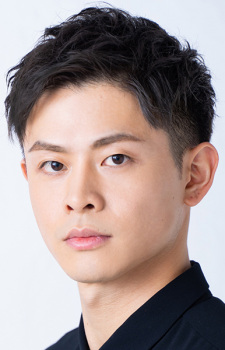

Brudzewski, Albert
Main

Draka
Main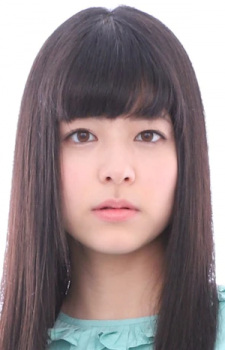
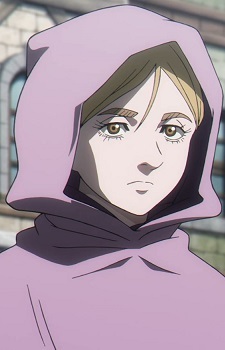
Jolenta
Main

Jolenta
Main

Nowak
Main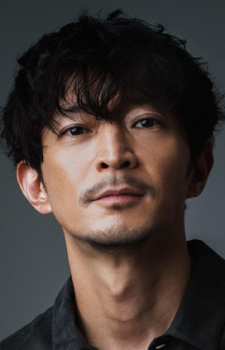

Oczy
Main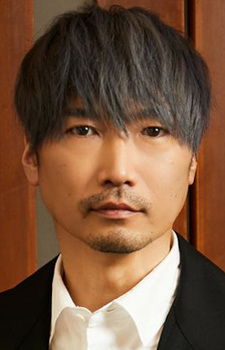

Rafal
Main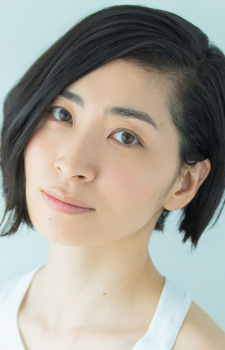

Schmitt
Main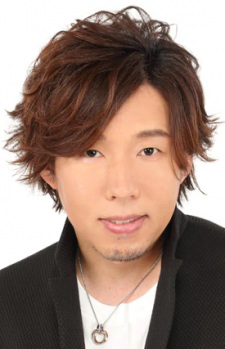

Antoni
Supporting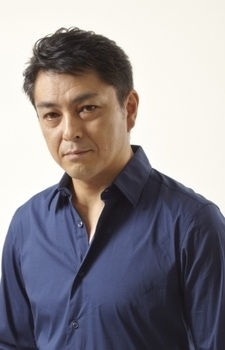

Asch
Supporting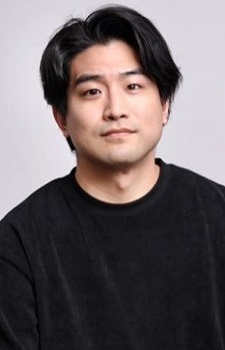
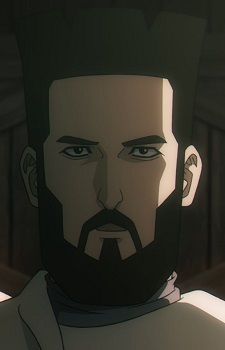
Bolko
Supporting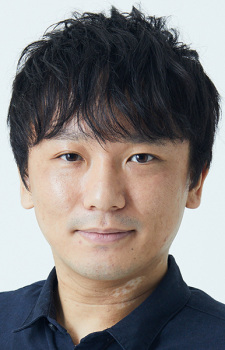
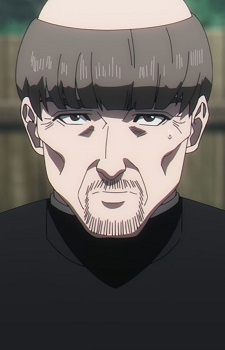
Damian
Supporting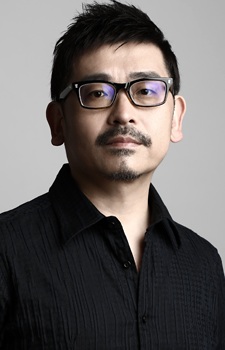
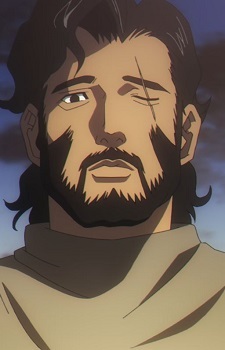
Dhruv
Supporting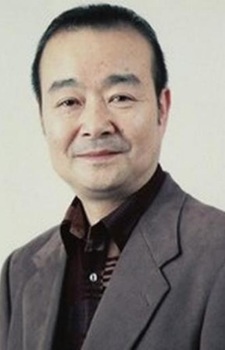

Frei
Supporting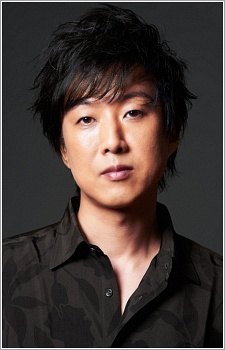

Glass
Supporting

Grabowski
Supporting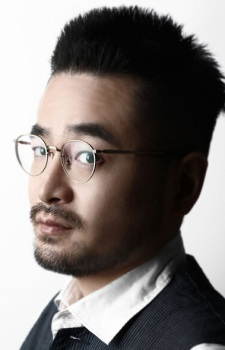

Heretic
Supporting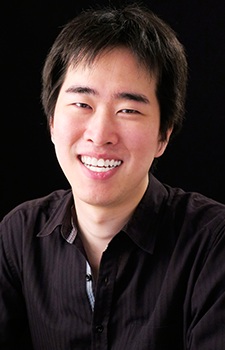

Hubert
Supporting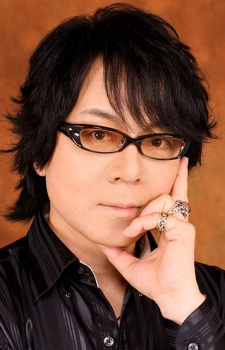
Staff

Naeshiro, Kenichirou
Producer

Oka, Tsunenari
Producer

Okamoto, Junya
Producer

Osanai, Atsushi
Producer

Ueno, Yuusuke
Producer

Yamazaki, Yukari
Producer

Yoshida, Yuuki
Producer

Shimizu, Kenichi
Director, Storyboard

Koizumi, Kisuke
Sound Director

Iwazawa, Tooru
Episode Director

Kawano, Asami
Episode Director, Storyboard

Kitagawa, Tomoya
Episode Director, Storyboard

Masuhara, Mitsuyuki
Episode Director

Matano, Hiromichi
Episode Director

Matsumura, Masaki
Episode Director

Miyoshi, Masato
Episode Director

Mori, Kouki
Episode Director

Takada, Masatoyo
Episode Director, Storyboard

Watanabe, Kotono
Episode Director, Storyboard

Irie, Shingo
Script, Series Composition